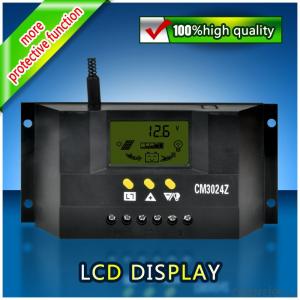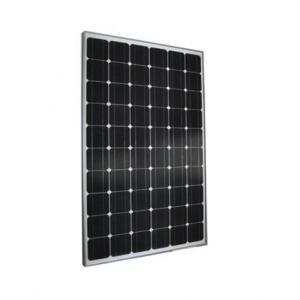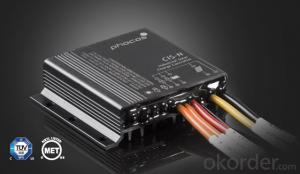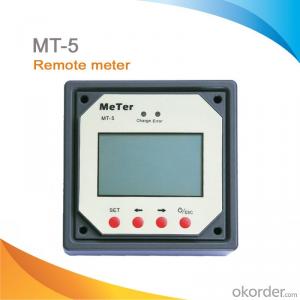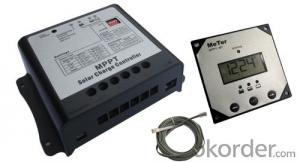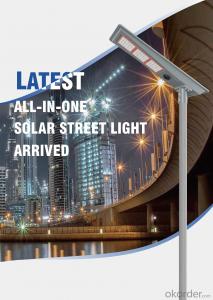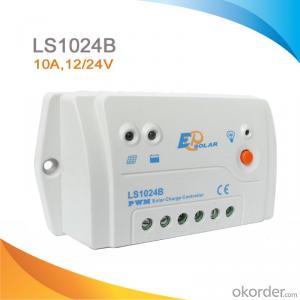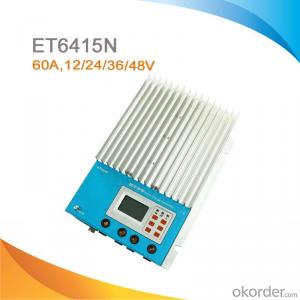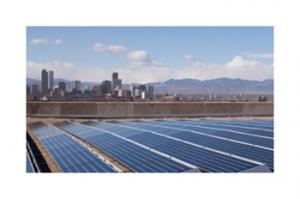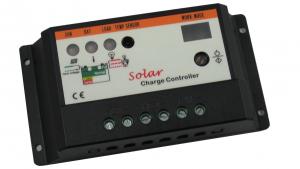Solar LCD Controller CM5048Z with best price
- Loading Port:
- China main port
- Payment Terms:
- TT or LC
- Min Order Qty:
- 1 unit
- Supply Capability:
- 10000 unit/month
OKorder Service Pledge
Quality Product, Order Online Tracking, Timely Delivery
OKorder Financial Service
Credit Rating, Credit Services, Credit Purchasing
You Might Also Like
Solar LCD Controller CM5048Z
Selection of high-quality materials properties be consistent from beginning to end
High Quality, High Performance.
For life is a convenient
A little more secure
The innovation design idea of the perfect show
The first set of people-oriented
The high-end configuration components
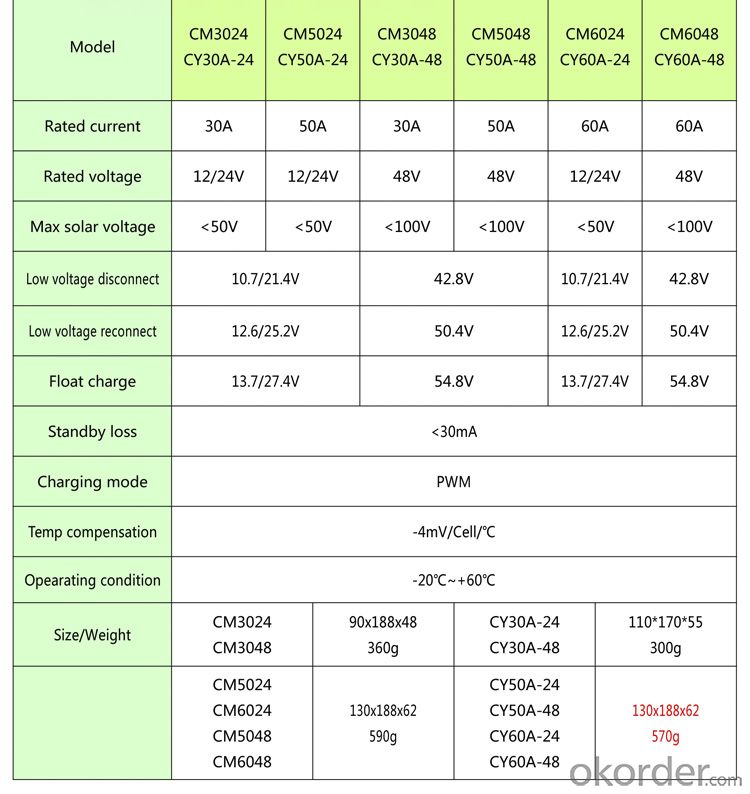
- Q:How do I ensure proper grounding of a solar controller system?
- To ensure proper grounding of a solar controller system, you need to follow a few guidelines. First, ensure that the grounding conductor is properly sized and made of copper or another suitable material. It should be connected to the grounding electrode system of your building or property. Additionally, make sure to bond all metal components of the system, including the solar panels, controller, and wiring, to the grounding conductor. This helps prevent electrical shock hazards and protects the system from lightning strikes. Lastly, regularly inspect and maintain the grounding system to ensure its effectiveness over time.
- Q:What is the maximum load power for a solar controller?
- The maximum load power for a solar controller depends on the specific model and its specifications. It can range from a few watts to several kilowatts, depending on the capacity and design of the controller.
- Q:Can a solar controller be used in harsh weather conditions?
- Yes, a solar controller can be used in harsh weather conditions. Most solar controllers are designed to withstand extreme temperatures, humidity, and other environmental factors. They are built with rugged and durable materials that protect the internal components from damage. Additionally, many solar controllers have built-in protection features like overcharge, over-discharge, and short-circuit protection, which further enhance their ability to withstand harsh weather conditions.
- Q:What is the maximum load current of a solar controller?
- The maximum load current of a solar controller depends on its specifications and capabilities. Solar controllers are designed to regulate and control the flow of electricity from solar panels to the load, such as batteries or appliances. The maximum load current refers to the highest amount of current that the solar controller can handle without being overloaded. The maximum load current of a solar controller is typically mentioned in its product specifications. It is important to choose a solar controller with a maximum load current that is suitable for the intended load. Exceeding the maximum load current can lead to overheating and potential damage to the controller. To determine the appropriate maximum load current for your specific needs, consider the power requirements of the load you are connecting to the solar controller. Ensure that the solar controller's maximum load current is equal to or higher than the load's maximum current draw. This will ensure the safe and efficient operation of the solar controller and the connected load. It is also worth noting that some solar controllers offer protection features like overload protection and short circuit protection. These features can help safeguard the controller against excessive current and prevent any potential damage.
- Q:Can a solar controller be used with wind turbines?
- Yes, a solar controller can be used with wind turbines. While a solar controller is primarily designed to regulate the charging of batteries in a solar power system, it can also be used to regulate and control the charging of batteries in a wind turbine system. The controller helps to optimize battery charging by monitoring the voltage and current produced by the wind turbine.
- Q:What is the maximum power capacity of a solar controller?
- The maximum power capacity of a solar controller depends on the specific model and brand. However, in general, solar controllers can handle power capacities ranging from a few hundred watts to several kilowatts.
- Q:What is the maximum current rating for a solar controller?
- The maximum current rating for a solar controller depends on the specific model and its design. Generally, solar controllers are available in a range of current ratings to accommodate different solar panel setups and system requirements. The maximum current rating is typically mentioned in the product specifications provided by the manufacturer. It is important to select a solar controller that can handle the maximum current produced by the solar panels in your system to ensure efficient and safe operation.
- Q:How does a solar controller handle battery temperature monitoring?
- A solar controller typically handles battery temperature monitoring by using built-in sensors or external temperature probes. These sensors measure the temperature of the battery and transmit the data to the controller. Based on this information, the controller adjusts the charging parameters, such as voltage and current, to optimize battery performance and prevent damage caused by extreme temperatures.
- Q:How does a solar controller handle battery over-discharge protection?
- A solar controller handles battery over-discharge protection by monitoring the voltage level of the battery. When the voltage drops below a certain threshold, the controller will automatically cut off the power supply from the solar panels to prevent further discharge and protect the battery from damage.
- Q:Can a solar controller be used with a solar air conditioning system?
- Yes, a solar controller can be used with a solar air conditioning system. A solar controller is designed to regulate and optimize the power output of solar panels, ensuring efficient operation of the system. Since a solar air conditioning system relies on solar energy to power its operations, a solar controller can effectively manage and distribute the power generated by the solar panels to the air conditioning unit.
1. Manufacturer Overview |
|
|---|---|
| Location | |
| Year Established | |
| Annual Output Value | |
| Main Markets | |
| Company Certifications | |
2. Manufacturer Certificates |
|
|---|---|
| a) Certification Name | |
| Range | |
| Reference | |
| Validity Period | |
3. Manufacturer Capability |
|
|---|---|
| a)Trade Capacity | |
| Nearest Port | |
| Export Percentage | |
| No.of Employees in Trade Department | |
| Language Spoken: | |
| b)Factory Information | |
| Factory Size: | |
| No. of Production Lines | |
| Contract Manufacturing | |
| Product Price Range | |
Send your message to us
Solar LCD Controller CM5048Z with best price
- Loading Port:
- China main port
- Payment Terms:
- TT or LC
- Min Order Qty:
- 1 unit
- Supply Capability:
- 10000 unit/month
OKorder Service Pledge
Quality Product, Order Online Tracking, Timely Delivery
OKorder Financial Service
Credit Rating, Credit Services, Credit Purchasing
Similar products
New products
Hot products
Hot Searches
Related keywords
